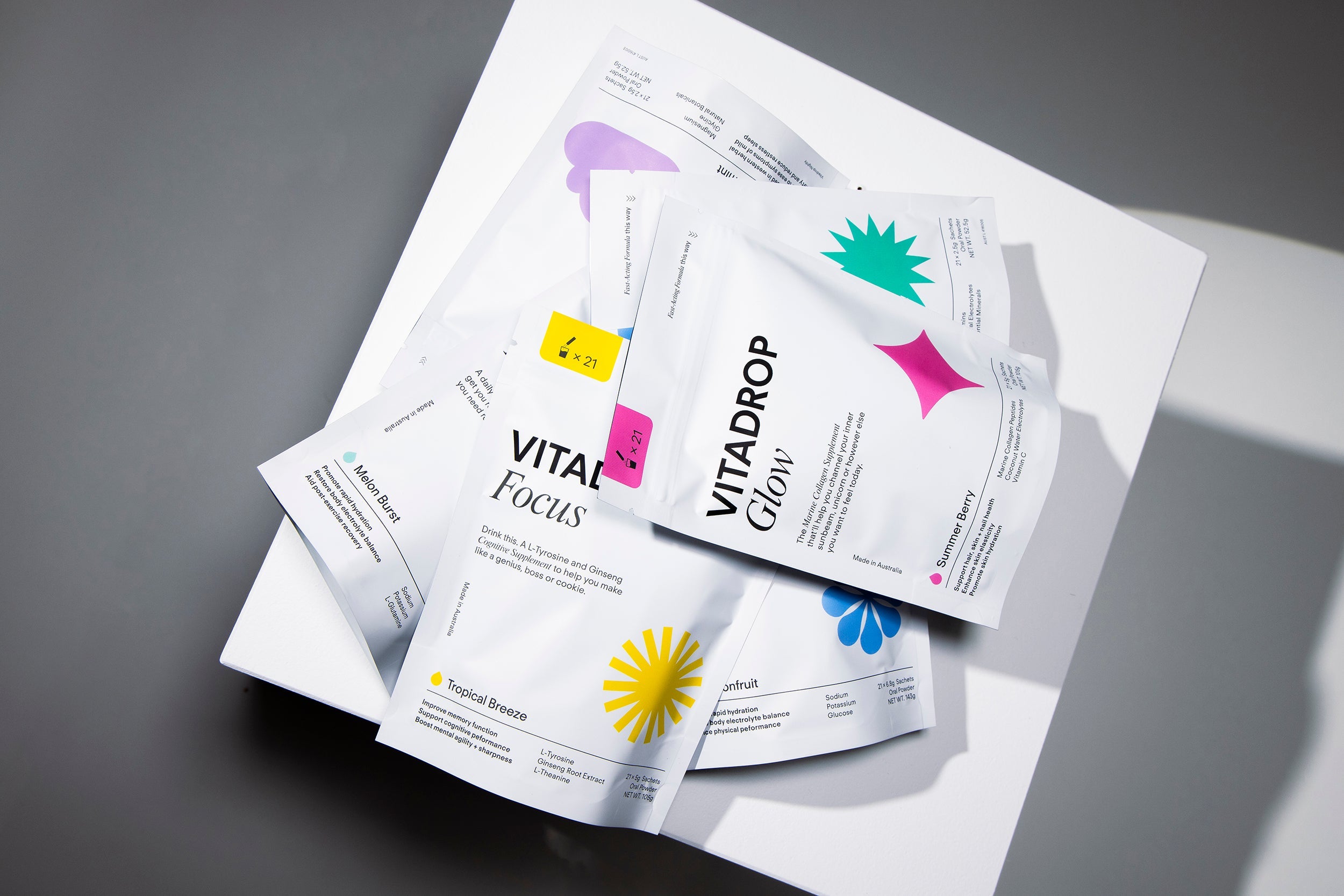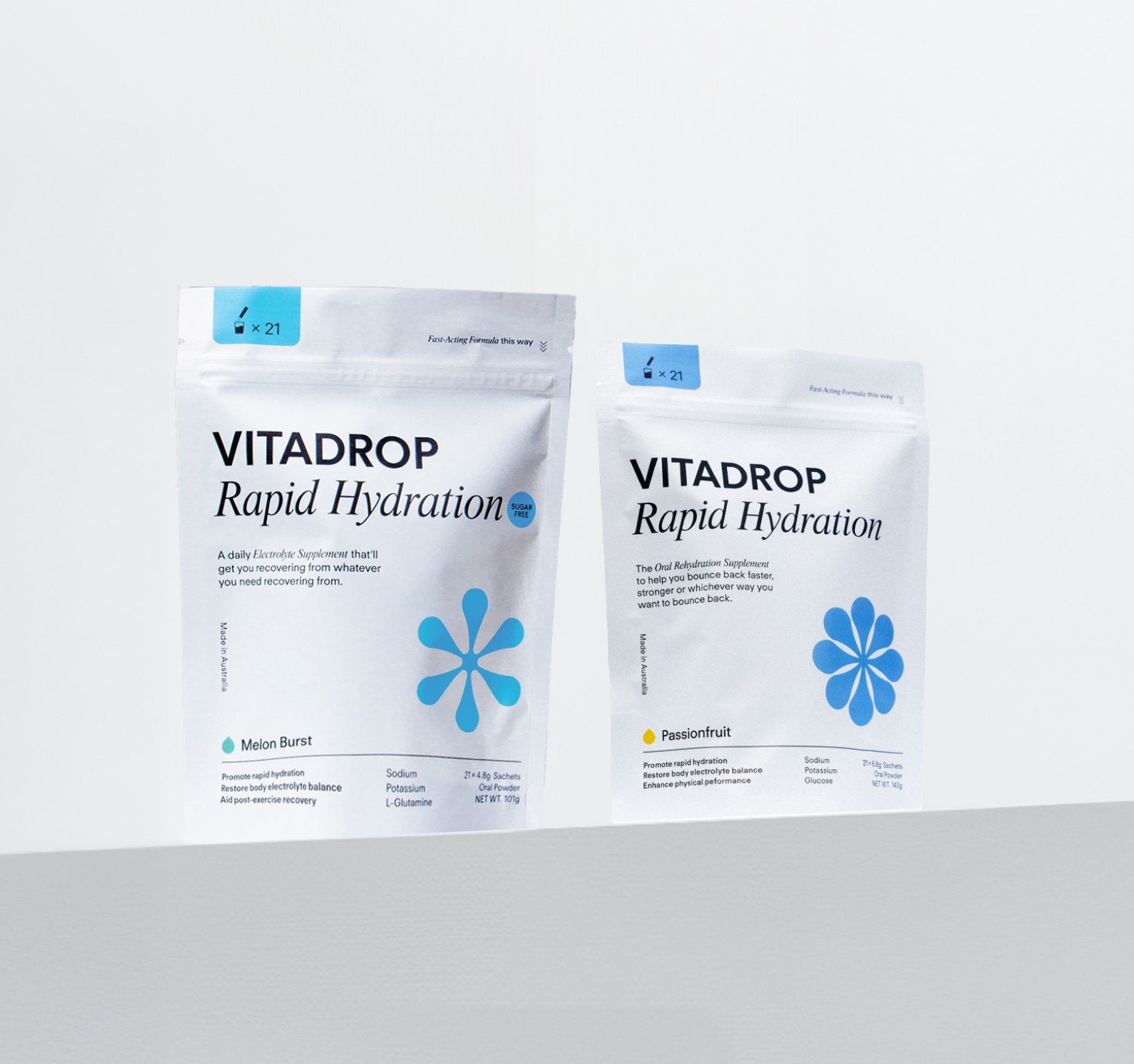Annie Nilsson - Mar 22 2021
What's the deal with supplements? Common concerns, which ones to pick & how to take them.

In the last 5 years, we’ve seen the use of vitamin and dietary supplements in Australia skyrocket with 55% increase in vitamin and dietary supplement use, and a 57% growth in herbal and traditional product use.
But why the sudden growth?
There are a number of reasons as to why we’re increasingly reaching for supplements. From increasingly busy lifestyles, to nutrient depletion in our soils, stressful work hours and buzzing social lives, to name a few.
Even more so, a shift towards a more preventative model of health throughout our healthcare system has placed a huge role in pushing us to take a more proactive approach when it comes to not only our physical health, but our mental health and general wellbeing.
With almost half the population living with health conditions that can, more often than not, be managed or even prevented by making better lifestyle choices, this shift to preventative health makes total sense. Particularly, when we take into consideration the broader impact of disease.
So, why the scepticism?
We know there’s often a healthy scepticism when it comes to supplementation. Now, this isn’t necessarily a bad thing, especially when it comes to your health. So, you might find yourself questioning whether supplements are as effective as they purport to be.
Whilst it’s true that some nutrients will be eliminated by the body if they aren’t needed (think: water soluble supplements like B vitamins). Your body is pretty damn smart, and will absorb what it needs, and excrete what it doesn’t *cue bright yellow urine*.
It’s important to note however, that this doesn’t mean there has been an absorption issue.
What about whole food sources?
Unfortunately, the nutrient content in our foods has decreased radically in recent years. Why? The introduction of herbicides and pesticides, and changes in traditional farming practices all play a major role in the nutritional content of our food.
With demand increasing, the time associated with crop rotation (a practice whereby farmers plant different crops sequentially on the same plot of land to maintain soil health, optimize nutrients, and minimise pests and diseases) means that it’s used less and less.
As a result, we’re seeing a decline in soil quality as well as a serious drop in nutrients in the food grown in depleted soil.
How to pick the right supplements & make the most of them
Picking the right supplements can be challenging, particularly with the wealth of options out there. We recommend focusing on a specific health concern, whether it be general health, sleep, immunity or muscle recovery, to name a few.
Remember to do your research. Speaking to your primary healthcare practitioner, a nutritionist, naturopath, dietitian or even a pharmacist is a great place to start.
For those of you who do take supplements, we’ve put together a few helpful tips and tricks to ensure you’re getting the most out of your products.
One: We always recommend supplements to be taken away from caffeine. This is because tannins and caffeine in tea and coffee can interfere with the absorption of various vitamins and minerals, especially iron.
Two: Avoid taking supplements on an empty stomach. Lining the stomach with food will allow for maximum absorption and avoid any nausea (zinc, we’re looking at you).
Three: Calcium and Vitamin D go hand in hand. Vitamin D helps the body absorb calcium. Bare this in mind when you are looking for a product containing calcium.
Four: Remembering to take your supplements can be tricky, however consistency is key! Try and take your products at the same time every day. Creating a daily routine or ritual around your supplementation regime can help with this
For example, if you’re taking magnesium at night, incorporate it into your evening wind down routine (wash your face, take your product, make a cup of calming tea).
Five: Consider the time of day and when it’s best to take each product. For instance, we recommend taking your B, and multivitamins in the morning as they help support daily energy. Similarly, magnesium is often best to take in the evening to assist with relaxation and calming of the nervous system in preparation for sleep.
Always consult your primary healthcare practitioner when it comes to your supplementary routine, as they are best able to advise on what’s suitable for your individual needs.
Article credit :
https://www.health.gov.au/health-topics/preventive-health
https://www.nrv.gov.au/nutrients/
https://www.abc.net.au/gardening/factsheets/the-vegie-guide-crop-rotation/9375784
https://www.cmaustralia.org.au/resources/CMA-industry-presentation-2020.pdf
http://dro.deakin.edu.au/eserv/DU:30105904/burnett-dietarysupplement-2017.pdf







